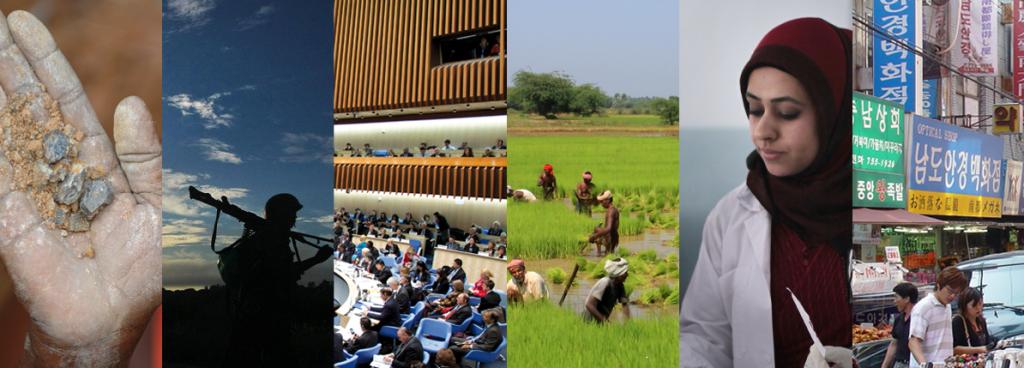Abstract
An old tractor serves as an ethnographic entry point to shifting articulations of resources in coastal Finnmark, North Norway. Idle since the 1970’s, the tractor is a relic of agricultural dreams, turned to rubble as novel layers of the Varanger landscape are conjured as resourceful. Farming in Finnmark was a geopolitical strategy to secure national borders, to expand a postwar welfare state, and a colonial effort to cultivate farmers in the far North. The article details back-breaking practices required to make thin Arctic topsoil collaborate in realizing modernist dreams of agricultural growth as well as technologies of state-making that forged specific biosocial relations to secure national borders and national identity. It highlights dialectic relations between mapping and forgetting, crucial in the making of resources and colonizing practices.
About the Speaker
Marianne E. Lien is professor of Social Anthropology at the University of Oslo, Norway. She has done research on food, marketing, domestication, aquaculture, and nature practices in Norway and Australia. Her most recent books are Becoming Salmon; Aquaculture and the Domestication of a Fish (University California Press 2015), and Domestication Gone Wild; Politics and Practices of Multispecies Relations (Duke, 2018, co-edited with H.A, Swanson and GB.. Ween).




